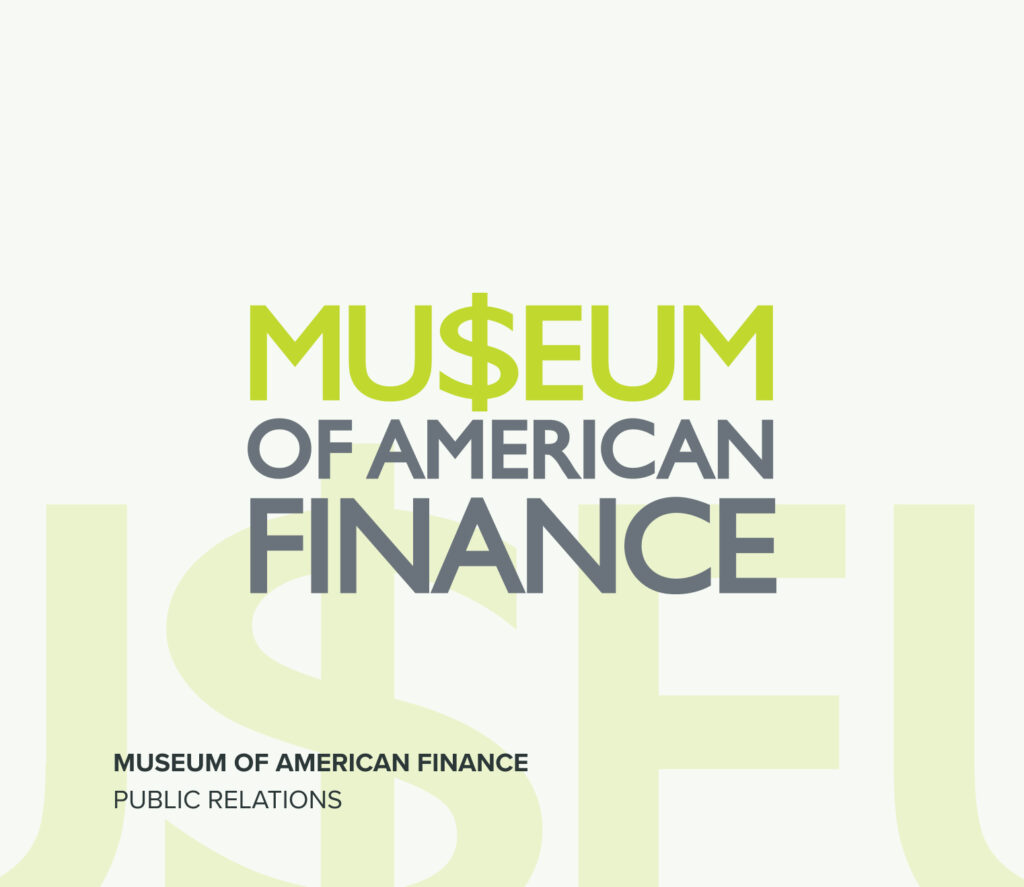As nearly eight months have passed since the initial invasion of Ukraine by Russian forces, the world is reflecting on what has taken place in the past months and what’s to come. In the face of humanitarian crises and war, there is often heightened confusion, panic, and a strong need for a robust and clear path forward.
Once news of the invasion of Ukraine reached countries outside of the warzone and the reality of this crisis sunk in, businesses were immediately conscious that financial and diplomatic decisions would have to be made. These would then need to be communicated to key stakeholders within a matter of days — these situations are where communication professionals come into play.
While communications actions during times of crisis may vary, at the core, professionals need to be ready to take immediate action, provide effective counsel, and execute expertly and compassionately from start to finish.
Assess the Situation
Similar to any other crisis in communications, communications professionals need to move quickly to identify, examine and address the urgent issue. In the case of Ukraine, a multitude of roadblocks still present complex challenges to professionals looking to problem-solve.
Due to the desperate and horrific nature of the war and humanitarian crisis in Ukraine, many banks, financial institutions, and companies all over the world moved quickly to de-risk their business exposure, support their staff, and assess the next steps. This is where communications professionals play a key role and need to be in lockstep with executives and business leaders to roll out changes.
Within the lens of Ukraine, communications professionals have had the role of taking business decisions from corporate action to key stakeholders whether that be employees, shareholders, executives, or the general public. This can take the form of anything from press releases and website copy, to reputation management and media relations, but the most pressing question after assessing the situation is how to proceed effectively.
Effective Counsel
Communications professionals are often called jacks of all trades, with knowledge of many aspects of the sector they work in and a range of well-sharpened skills — especially within an agency setting. In urgent, uncommon scenarios, one of the first calls is usually to communications professionals to gain their perspective and counsel on the next steps.
When advising clients through not only unprecedented times but those fraught with loss, turmoil, and devastation, there is often a lot of emotion and pressure on the business to make the right decision. As a trusted advisor, an aspect of this role for communications professionals is leaning into the experience of the business to be a voice of calm and stable counsel and provide a plan of action that supports the company.
During the initial invasion of Ukraine, global companies were pulling their business out of Russia, arranging finances, and limiting exposures at unprecedented rates while countries and world organizations gathered to decide a path forward to support Ukraine and condemn Russia.
When Russia was slapped with sanctions banning some of their banks from SWIFT, a move that many thought to be a drastic measure at the time, companies and financial institutions around the world looked to their communications teams to illuminate a path forward in what to say and do. In moments where timing and image are critical, and there is a question of “do we” or “don’t we”, communications professionals should prepare a plan of action and how to execute it.
Expert Execution
The role of communications runs throughout a business, touching on audiences from internal stakeholders and executives to shareholders and the public, requiring dexterity and varied tactics. In crisis situations, a business often develops various procedures for each audience’s needs and then looks for the leaders to execute each plan.
Many businesses are aware of typical public relations and external communications tactics like press releases, media relations, and social media but the onus is on the communications professional to think holistically about the businesses goals and key stakeholders to ensure that not only are external audiences addressed, but each key audience has received information from the business.
When companies decided to de-risk and minimize their exposure to Russia or halt business there, communications professionals had the role of developing separate messaging, dissemination tactics, and timelines for groups like employees, executives, then shareholders, and for media.


